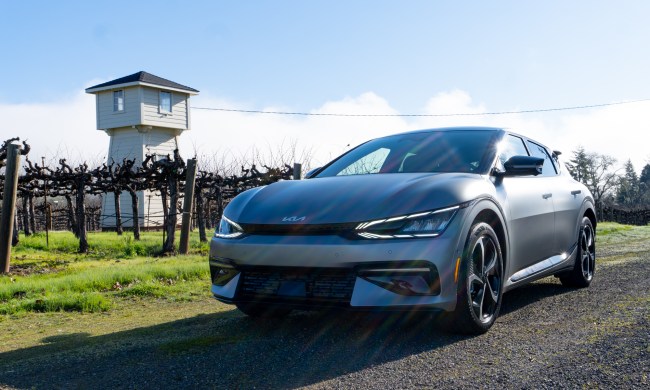Elon Musk may think that hydrogen fuel cells are ridiculous, but Toyota’s head of R&D, Mitsuhisa Kato, has a few things to say about that. In fact, Mr. Kato, doesn’t even think that the technology to make electric vehicles a viable replacement for Internal combustion has been invented yet.
Kato told Automotive News that “The cruising distance is so short for EVs, and the charging time is so long. At the current level of technology, somebody needs to invent a Nobel Prize-winning type battery.”
This may or may not be true, but Kato has a point when it comes to the challenge of EVs. He points out that the more range you want to add the more batteries you need, which increases charging time, expense and weight. This weight increase can further up the battery requirement in a vicious cycle.
Another concern, not voiced by Kato is the high environmental cost of lithium-ion battery production, which reduces the environmental benefits of EVs over internal combustion.
Still Mitsuhisa Kato and Toyota have a vested interest in the alternatives to battery technology, because they are focused on developing hydrogen fuel cell powered vehicles. The Toyota FCV fuel cell car is set to go on sale to consumers in the next year.
What is sure is that both EVs and fuel cells have a long way to go before they can meet the same sort of benchmarks in range and cost as internal combustion. Hydrogen may be able to meet the challenges in terms of range, but the vehicles and the infrastructure of hydrogen filling stations promise to be expensive.
Hydrogen is difficult and expensive to store because it must be stored under pressure. This doesn’t necessarily make the technology not viable, but just as Kato says that battery technology needs development so does hydrogen.
Still one of the most interesting stories of the next five to ten years will be seeing which automaker bets on which technology and who succeeds. GM, Hyundai and Toyota have all invested heavily in hydrogen, whereas Nissan, BMW, Audi and of course Tesla have all made substantial investments in EVs; so there will be no shortage of investment to see who gets that Nobel Prize.


